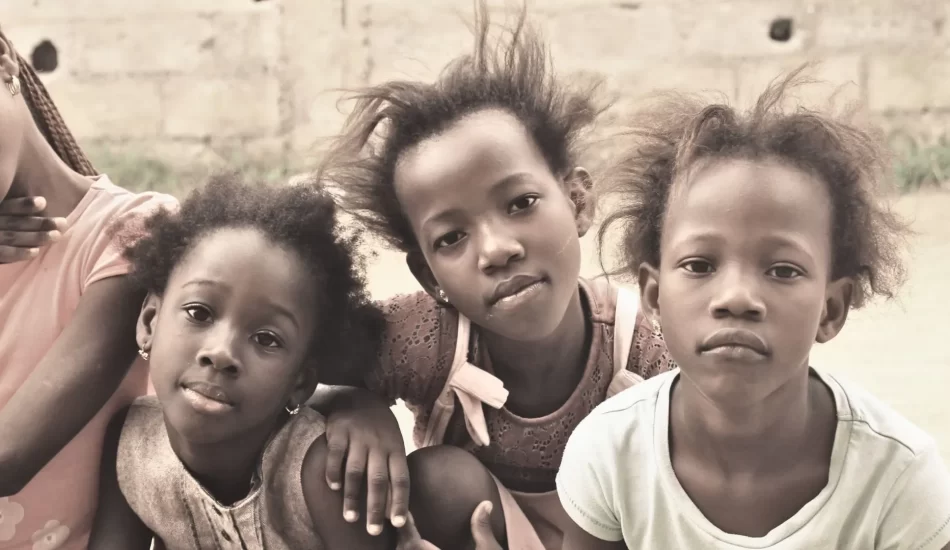The Congo Refugee Crisis that Stemmed from the Rwandan Genocide

In 1994, the African country of Rwanda was plunged into a genocide that claimed the lives of an estimated 800,000 people, the majority of whom were Tutsis and moderate Hutus. The genocide was carried out by Hutu extremists who sought to eradicate the Tutsi population, and it lasted for approximately 100 days. In the aftermath of the violence, hundreds of thousands of Rwandans were displaced and forced to flee their homes, leading to one of the largest movements of refugees in history, including to neighboring Congo.
The origins of the conflict in Rwanda date back to the colonial era, when the Belgians ruled the country and created a system of identity cards that categorized people according to their ethnicity. This practice exacerbated existing tensions between the Tutsi and Hutu populations, and laid the groundwork for the violence that erupted in 1994. The genocide began after the assassination of Rwandan President Juvenal Habyarimana, a Hutu, in a plane crash that was blamed on Tutsi rebels.
In the chaos and violence that followed, Tutsis and moderate Hutus were targeted by Hutu militias and government forces, and thousands of people were killed each day. The scale of the violence was unprecedented, and it quickly became clear that the international community was not prepared to intervene. The United Nations peacekeeping mission in Rwanda was unable to stop the violence, and many Western countries were slow to offer assistance.
As the violence continued, hundreds of thousands of Rwandans fled their homes and sought refuge in neighboring countries, including Eastern Congo. The mass exodus of refugees overwhelmed the region’s already strained resources and infrastructure, and led to a humanitarian crisis of unprecedented proportions. Over the course of several years, more than two million refugees poured into Congo, straining the country’s fragile political and social structures.
The influx of refugees also created tensions between Rwanda and Congo, as the Rwandan government accused Congo of harboring Hutu militants who had fled Rwanda and were continuing to perpetrate violence against Tutsis. These tensions eventually boiled over into a war between Rwanda and Congo, known as the First Congo War, which lasted from 1996 to 1997.
The legacy of the Rwandan genocide and the subsequent refugee crisis continues to be felt today, both in Rwanda and in the wider region. The violence and displacement created deep scars in Rwandan society, and the country has spent the past several decades grappling with the aftermath of the genocide. Meanwhile, Congo continues to struggle with the legacy of the refugee crisis, as well as ongoing violence and instability.
In conclusion, the genocide in Rwanda was a tragic event that resulted in one of the largest movements of refugees in history. The displacement of hundreds of thousands of people had far-reaching consequences, both for Rwanda and for neighboring countries like Congo. The legacy of the refugee crisis continues to be felt today, and serves as a reminder of the devastating human toll of conflict and violence.
